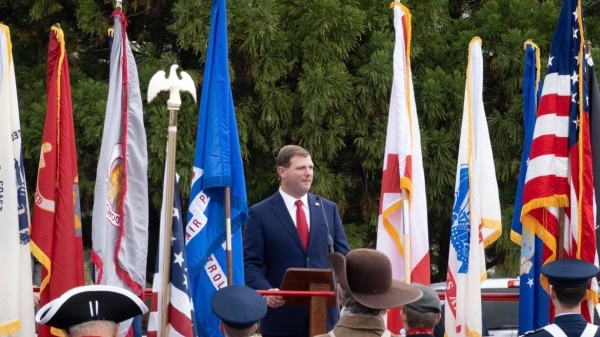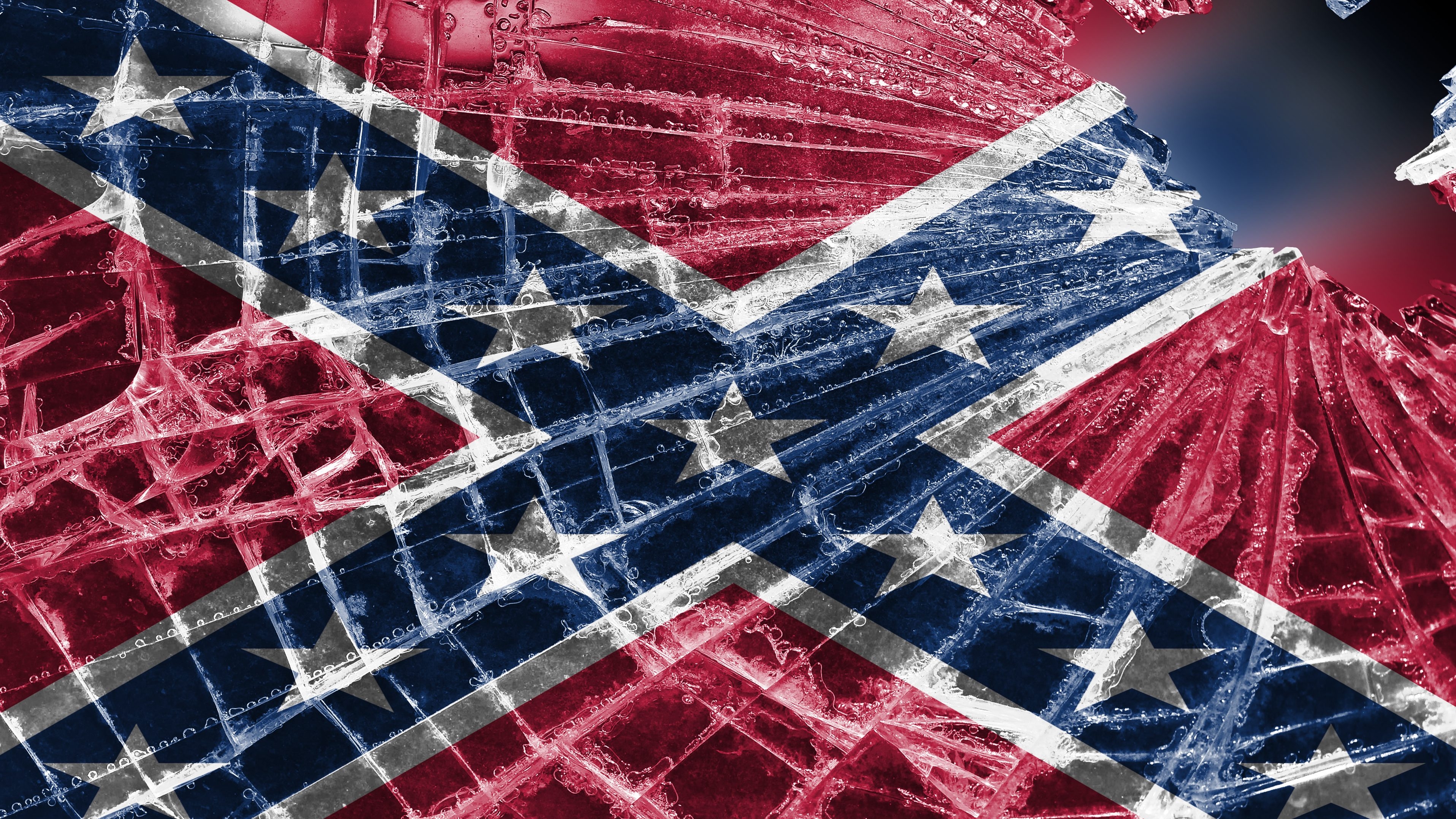Pretend for a moment that you are a Jewish person who’s been charged with a crime. You are tried and found guilty.
Then you learn that the jury that convicted you deliberated in a room festooned with Nazi paraphernalia.
Wouldn’t that disturb you? Make you question their mindset and motives? Wouldn’t you think that the verdict could possibly be due to a bias against Jewish people?
Tim Gilbert, a Black man in Tennessee, faced a similar dilemma. In 2018, he was convicted of aggravated assault, reckless endangerment, unlawful possession of a weapon by a convicted felon and resisting arrest.
Regardless of Gilbert’s actual innocence or guilt, the justice system failed him. First, the jury was all white — a definite red flag in a country with our history. But an even bigger problem with the jury was the room where its members deliberated.
Gilbert’s trial was in the Giles County Courthouse. The jury convened in a room maintained by the United Daughters of the Confederacy. An antique Confederate flag; a portrait of Jefferson Davis, the president of the Confederacy; and other Confederate relics are on display.
The Confederate atmosphere in that room would be a clear, present danger to any Black defendant. And that’s because symbols convey meaning. They denote value.
And according to Alexander Stephens, vice president of the Confederacy, his government valued “the great truth that the negro is not equal to the white man; that slavery subordination to the superior race is his natural and normal condition. This, our new government, is the first, in the history of the world, based upon this great physical, philosophical, and moral truth.”
There is neither morality nor truth in Stephens’s words, taken from his infamous Cornerstone speech. Yet, many Americans continue to have a love affair with the Confederacy, aided no doubt by the UDC.
These Americans deny that the Confederacy has anything to do with slavery or white supremacy. They say it’s about heritage.
Maybe they are ignorant of Stephens’ words. Or maybe they are in denial.
It doesn’t matter. Stephens’ words make it clear. If the South had won, slavery would have been saved and undoubtedly expanded. White supremacy would have been more deeply, directly codified.
And who knows how much longer these evils would have kept a stranglehold on our nation?
But thank God, the South didn’t win. However, in many ways, the Confederacy did, thanks to myth-making and a culture of nostalgia that defy the historical record – preserved in Confederate flags, statutes, school and street names across the country.
People forget that we can quantify the evil the Confederacy was dedicated to preserving. Author Susanne Everett calculates that the Trans-Atlantic slave trade forced 11 million Africans from their continent to this hemisphere over a 300 year period. Untold millions more died of a variety of causes during the infamous Middle Passage between Africa and the Americas – from sickness to suicide.
So going back to Gilbert’s conviction, how could it be just to have a jury deliberate his fate in a room dedicated to protecting these horrors? Dedicated to a belief in his inferiority and subjugation?
The Tennessee Court of Criminal Appeals apparently agreed. Gilbert was granted a new trial last week.
But one more thing nags at me. Who allowed the UDC to sponsor a jury room in a county courthouse? After all, this is no harmless group.
I don’t know about Tennessee, but in this state, UDC members have been allowed into some classrooms as guest speakers. Reportedly, they have told Black school children that they should be happy their ancestors had been enslaved.
UDC logic: Slavery introduced their ancestors to Christianity and saved them from the troubles that have plagued many African nations.
How ignorant. The New Testament teaches that Christianity has been on the African continent since its inception. Remember the Ethiopian eunuch who was baptized by the apostle Phillip? Clearly, Africans were practicing the faith millennia before Americans were.
And Africa’s troubles didn’t develop in a vacuum – colonialism, anyone?
That’s the real problem. People are ignorant about history, whether willful or not. And governments often facilitate that ignorance – for example, by allowing the UDC to decorate a courthouse room with Confederate relics.
Meanwhile, in Germany, most displays of Nazi symbols are banned. That nation’s leaders understand that history matters, and must be examined in an accurate, righteous context. Maybe one day, this nation will learn that too.



















































